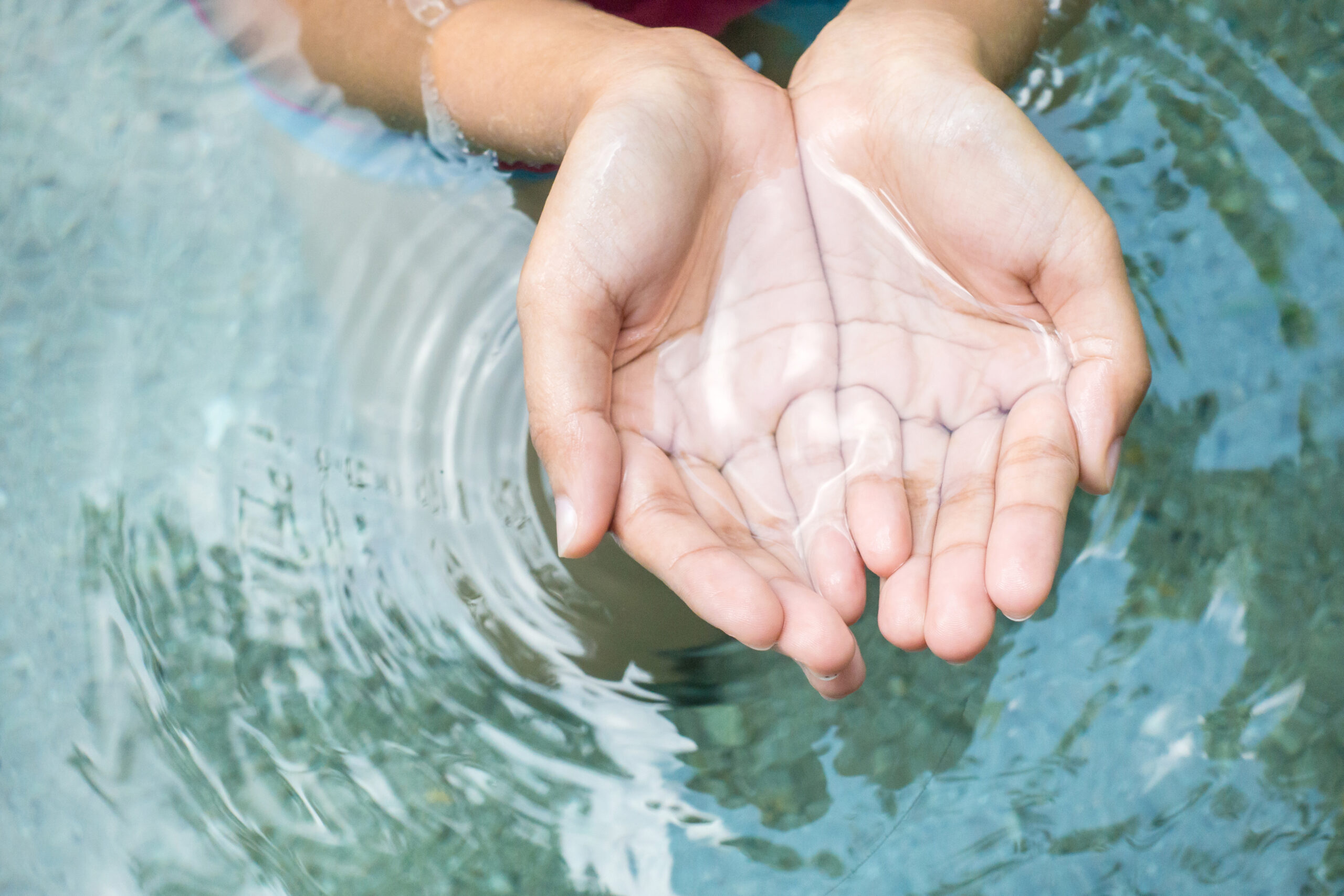Croatian islands, celebrated for their natural beauty and fragile ecosystems, are increasingly vulnerable to water scarcity as climate change and tourism pressures accelerate. In response to these challenges, improving water monitoring systems and reducing leakage losses have become essential for ensuring a stable and safe drinking water supply and enhancing overall climate resilience.
Addressing this issue is one of the focus areas of the MISSION CE CLIMATE project, which aims to build climate resilience across Central European regions. Recently, project partners gathered in Split on the 1st and 2nd of October 2024 for a meeting to review the project’s progress and ensure that it stays on track for successful outcomes. Following the meeting, participants took part in a study visit to a pilot site on the island of Brač, where a local water management system is being significantly improved through local pilot activities. This hands-on visit allowed partners to understand the positive impact of enhanced water monitoring systems and reducing leakage losses on ensuring a more resilient water supply.
The study visit demonstrated how proactive monitoring can quickly identify areas of water loss and implement timely interventions. Such innovations are critical for Croatian islands, where isolated locations and unpredictable weather and tourism patterns make the water supply highly vulnerable. However, the lessons learned during this study visit extend beyond island regions. By adopting better water management practices, inland communities, too, can bolster their climate resilience, prevent future water shortages, and manage resources more efficiently.
The MISSION CE CLIMATE project emphasises the importance of collaboration and shared learning. The study visit was a valuable opportunity for project partners to exchange ideas and take-home knowledge to apply in their local territories. By fostering innovation and knowledge-sharing, regions across Central Europe can enhance their climate resilience and ensure a more secure future.
As the MISSION CE CLIMATE project continues, the focus is not only on improving water management systems but also on setting several distinct pilot examples of how localities can adapt to climate challenges through innovation and collaboration.
